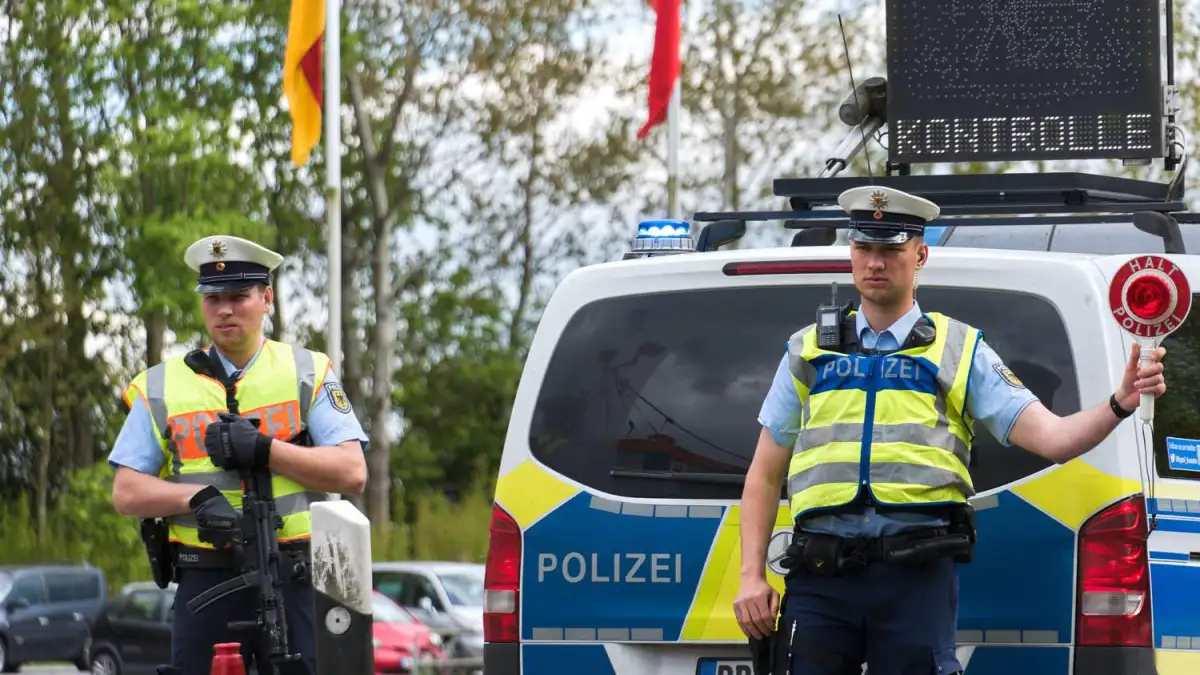German Job Market Shows Minimal Improvement in June Amid Economic Slowdown
Former Chancellor Merkel Distances Herself From Current Government's Border Practices
Rheinmetall Expands Aviation Portfolio with F-35 Fuselage Production in Germany
Vasi Philomin Joins Siemens to Spearhead Industrial AI Expansion
Tragedy Strikes as Prince Harald von Hohenzollern Dies Ahead of Becoming a Father
German Government Denies Declaring 'National Emergency' Over Migration

Germany has announced plans to intensify border controls in an effort to reduce the number of refugees entering the country. This move, spearheaded by Interior Minister Alexander Dobrindt of the CSU, includes stationing more federal police at the borders and rejecting asylum seekers, with exceptions made for children and pregnant women. The decision has sparked protests from neighboring countries, including Poland and Switzerland.
The German government has been quick to clarify that no 'national emergency' has been declared, despite reports suggesting otherwise. Chancellor Friedrich Merz emphasized in Brussels that the government is not acting unilaterally but is instead working within the framework of the European Union's regulations. The debate centers around Article 72 of the Treaty on the Functioning of the European Union, which allows for exceptions to the Dublin Regulation in cases where public order and internal security are at risk.
Legal experts and politicians are divided on the interpretation of Article 72. While some argue that the current situation does not meet the threshold for invoking the clause, others believe it provides a necessary legal basis for Germany's actions. The complexity of the EU's asylum regulations and the practical challenges of implementing them have further complicated the debate.
Amidst these discussions, the German government has sought to reassure its European partners of its commitment to collaborative solutions. Meetings with ambassadors from neighboring countries have been held to discuss the intensified border controls, with both sides affirming their desire for continued partnership. However, the SPD has criticized the approach, calling for more transparent and cooperative strategies to address irregular migration within the EU.